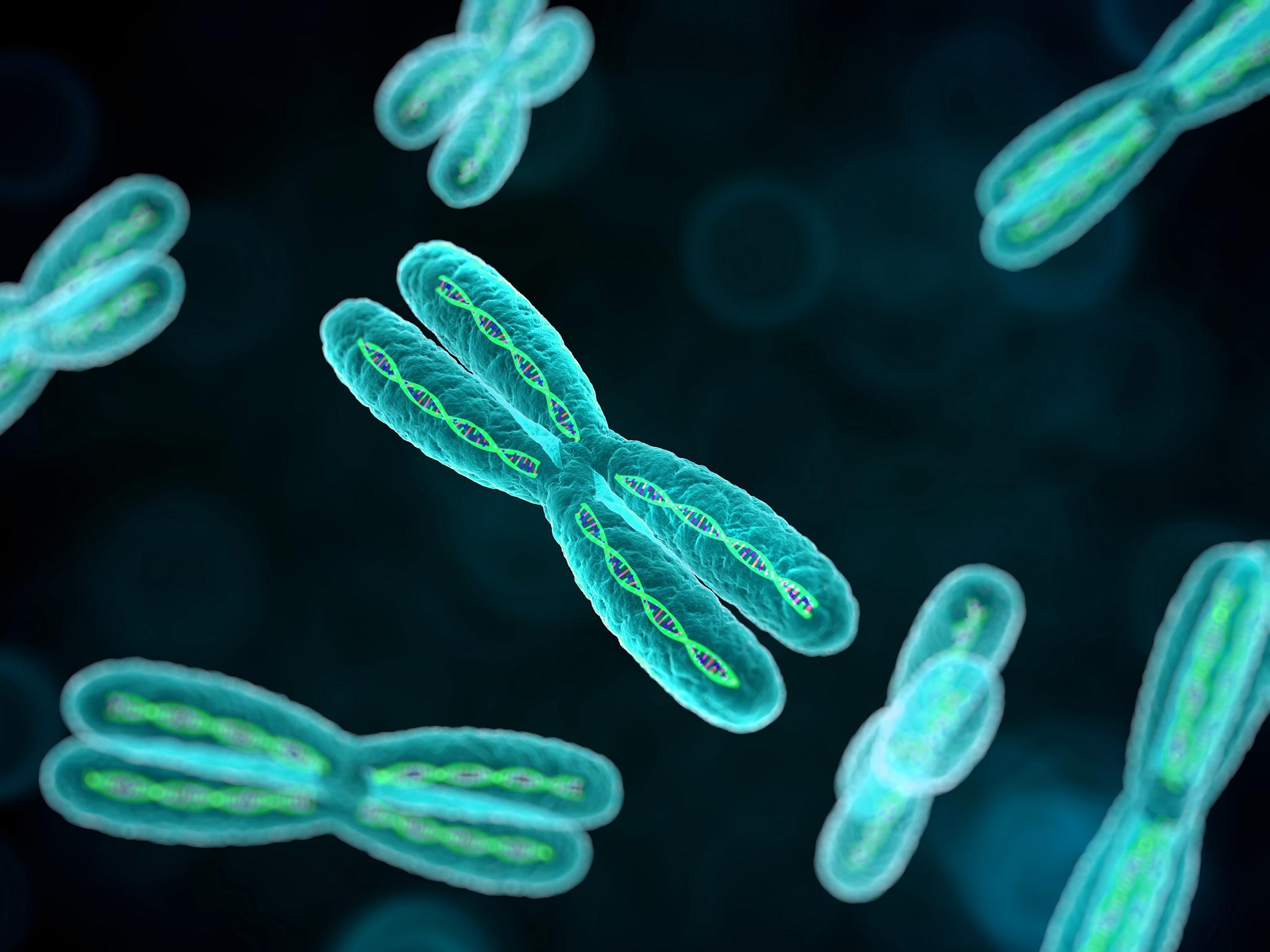New method to 'make aged cells younger' discovered by scientists
‘We were not expecting to see such a dramatic effect on the ability of the cells to proliferate’

Your support helps us to tell the story
From reproductive rights to climate change to Big Tech, The Independent is on the ground when the story is developing. Whether it's investigating the financials of Elon Musk's pro-Trump PAC or producing our latest documentary, 'The A Word', which shines a light on the American women fighting for reproductive rights, we know how important it is to parse out the facts from the messaging.
At such a critical moment in US history, we need reporters on the ground. Your donation allows us to keep sending journalists to speak to both sides of the story.
The Independent is trusted by Americans across the entire political spectrum. And unlike many other quality news outlets, we choose not to lock Americans out of our reporting and analysis with paywalls. We believe quality journalism should be available to everyone, paid for by those who can afford it.
Your support makes all the difference.A new technology that "can make aged cells younger" has been discovered by a team of scientists in Texas.
Led by Dr John Cooke, the team from Houston Methodist Medical Centre have developed a new technology targeting telomeres - the caps are the end of our chromosomes which prevent them from getting damaged or fusing with their neighbours. However, over time they shrink and weaken.
They were attempting to were attempting to treat children with Progeria - a rare genetic condition affecting one in a million children, which causes them to rapidly age and to experience a number of health problems. The average lifespan of a child with Progeria is 13, according to the NHS.
Telomeres are found to be shorter in children with Progeria.
“Many of the things that happen to these children at an accelerated pace occur in all of us,” Dr Cooke said.
Children with Progeria often die of heart attacks and strokes when they are young teenagers and Dr Cooke said he wants to develop a therapy to better aid those with the disorder.
Current therapies will only add one or two years to their lifespan, he said.
"In this work, we show that we could make cells from the Progeria kids younger, and what we’ve shown is that when we reverse that process of the telomere shortening – when we lengthen the telomeres – that can reverse a lot of the problems associated with ageing,” he added.
The research was published in a Research Letter in the Journal of the American College of Cardiology.
The team used a new method called RNA therapeutics that encodes telomerase, a protein that can lengthen telomeres, into tested cells for a period of a few days.
They found this was enough to have an effect on their lifespan.
Dr Cooke said all the ageing markers in cells the team monitored were improved through the new therapy.
The ability of a cell to multiply was “markedly improved,” while the production of inflammatory proteins, which are created by old cells, was “reversed”.
“What was most unexpected about our work was the dramatic effect the telomere-extending technology had on the cells,” he said.
“We were not expecting to see such a dramatic effect on the ability of the cells to proliferate. They could function and divide more normally, and we gave them extra lifespan, as well as better function.”
Join our commenting forum
Join thought-provoking conversations, follow other Independent readers and see their replies
Comments